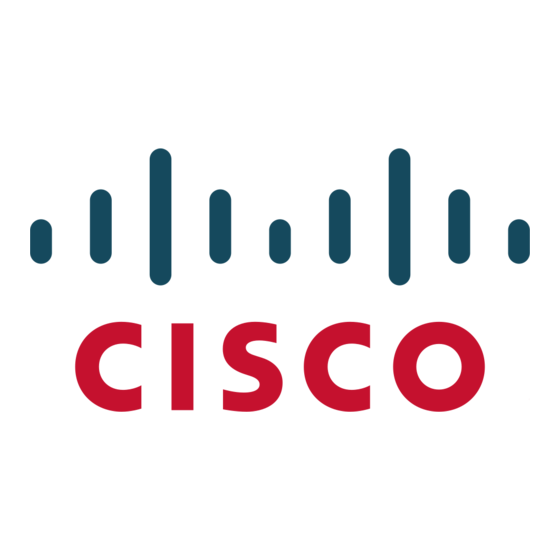The Cisco Catalyst 2960 Series software image is a rich suite of intelligent services, including advanced QoS, rate limiting, and ACLs. The SFP-
based Gigabit Ethernet ports accommodate a range of SFP transceivers, including the Cisco 1000BASE-SX, 1000BASE-LX, 1000BASE-BX,
1000BASE-ZX, 100BASE-FX, 100BASE-LX10, 100BASE-BX, and coarse wavelength-division multiplexing (CWDM) SFP transceivers.
GIGABIT ETHERNET
At speeds of 1000 Mbps, Gigabit Ethernet provides the bandwidth to meet new and evolving network demands, alleviate bottlenecks, and boost
performance while increasing the return on existing infrastructure investments. Today's workers are placing higher demands on networks, running
multiple concurrent applications. For example, a worker joins a team conference call through an IP videoconference, sends a 10-MB spreadsheet to
meeting participants, broadcasts the latest marketing video for the team to evaluate, and queries the customer relationship management (CRM)
database for the latest real-time feedback. Meanwhile, a multigigabyte system backup starts in the background and the latest virus updates are
delivered to the client.
INTELLIGENCE IN THE NETWORK
Networks of today are evolving to address four new developments at the network edge:
• Increase in desktop computing power
• Introduction of bandwidth-intensive applications
• Expansion of highly sensitive data on the network
• Presence of multiple device types, such as IP phones, WLAN access points, and IP video cameras
These new demands contend for resources with existing mission-critical applications. As a result, IT professionals must view the edge of the network
as critical to effectively manage the delivery of information and applications.
As companies increasingly rely on networks as their strategic business infrastructure, it is more important than ever to ensure their high availability,
security, scalability, and control. By adding Cisco intelligent functions for LAN access, you can now deploy networkwide intelligent services that
consistently address these requirements from the desktop to the core and through the WAN.
®
With Cisco Catalyst Intelligent Ethernet switches, Cisco Systems
helps companies realize the full benefits of adding intelligent services into their
networks. Deploying capabilities that make the network infrastructure highly available to accommodate time-critical needs, scalable to accommodate
growth, secure enough to protect confidential information, and capable of differentiating and controlling traffic flows is critical to further optimizing
network operations.
ENHANCED SECURITY
The wide range of security features that the Cisco Catalyst 2960 Series offers helps businesses protect important information, keep unauthorized
people off the network, guard privacy, and maintain uninterrupted operation.
The Cisco Identity Based Networking Services (IBNS) solution provides authentication, access control, and security policy administration to secure
network connectivity and resources. Cisco IBNS in the Cisco Catalyst 2960 Series prevents unauthorized access and helps ensure that users get only
their designated privileges. It provides the ability to dynamically administer granular levels of network access. Using the 802.1x standard and the
Cisco Secure Access Control Server (ACS), users can be assigned a VLAN upon authentication, regardless of where they connect to the network.
This setup allows IT departments to enable strong security policies without compromising user mobility, and with minimal administrative overhead.
To guard against denial-of-service and other attacks, ACLs can be used to restrict access to sensitive portions of the network by denying packets
based on source and destination MAC addresses, IP addresses, or TCP/User Datagram Protocol (UDP) ports. ACL lookups are done in hardware, so
forwarding performance is not compromised when implementing ACL-based security.
© 2005 Cisco Systems, Inc. All rights reserved.
Important notices, privacy statements, and trademarks of Cisco Systems, Inc. can be found on cisco.com.
Page 2 of 15

